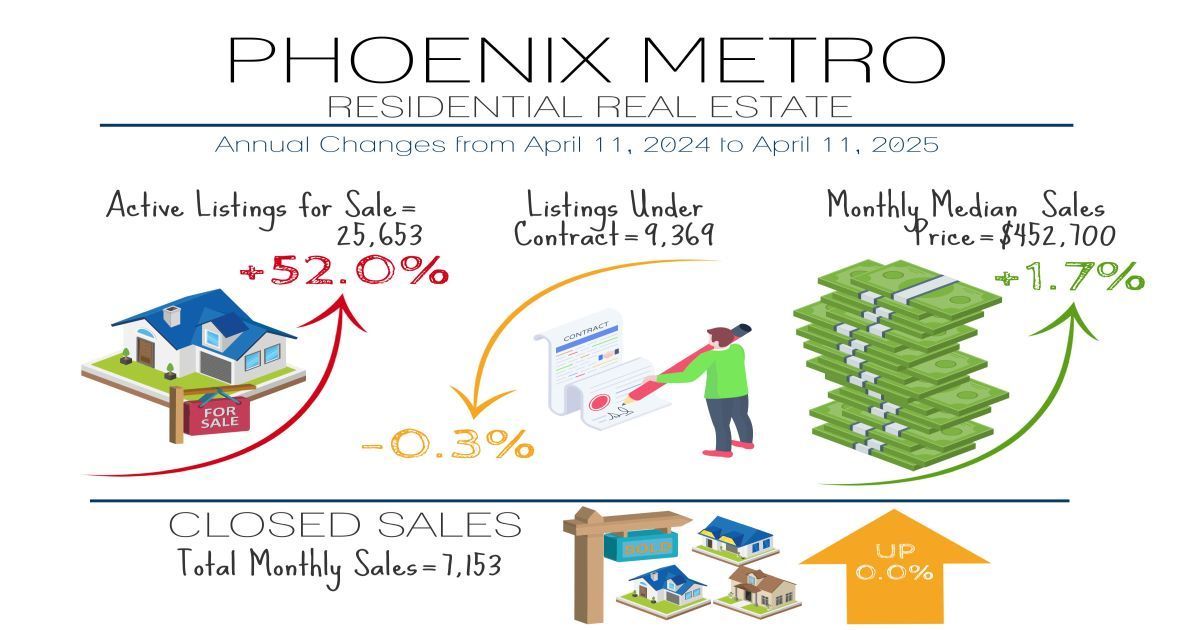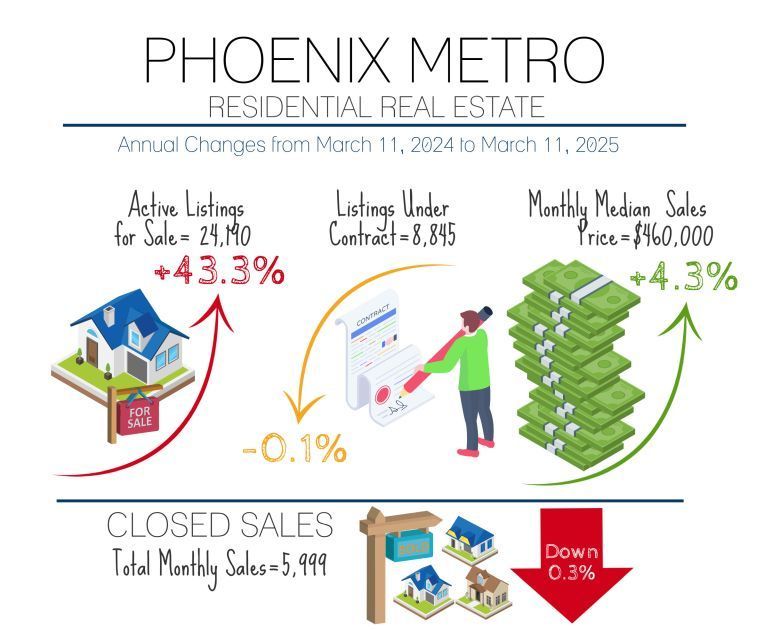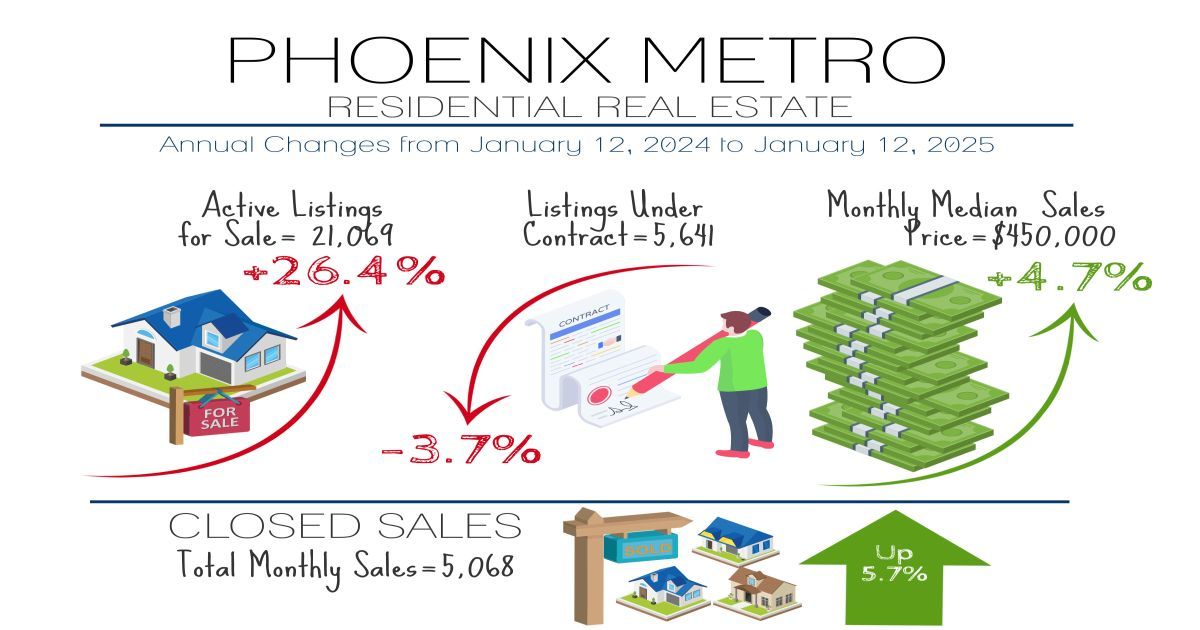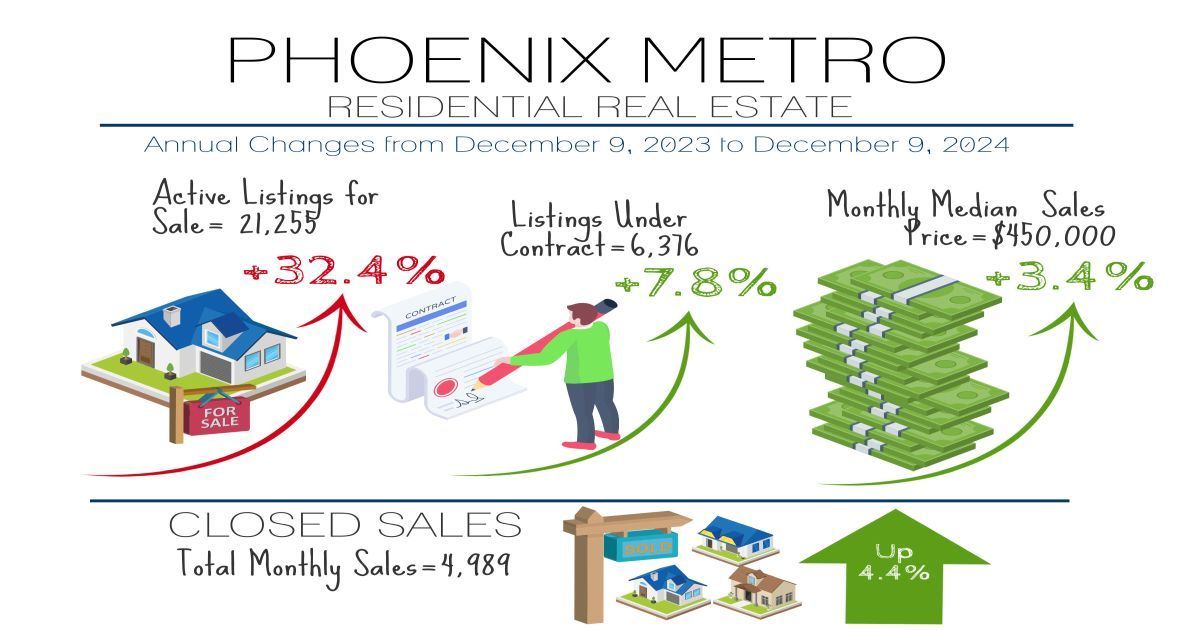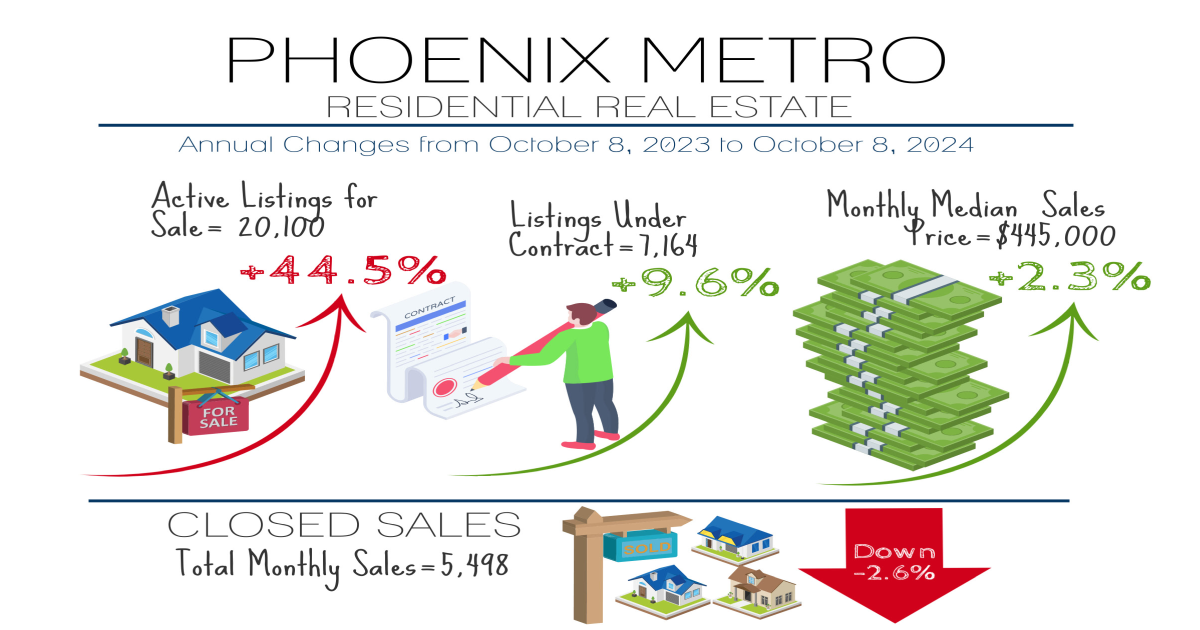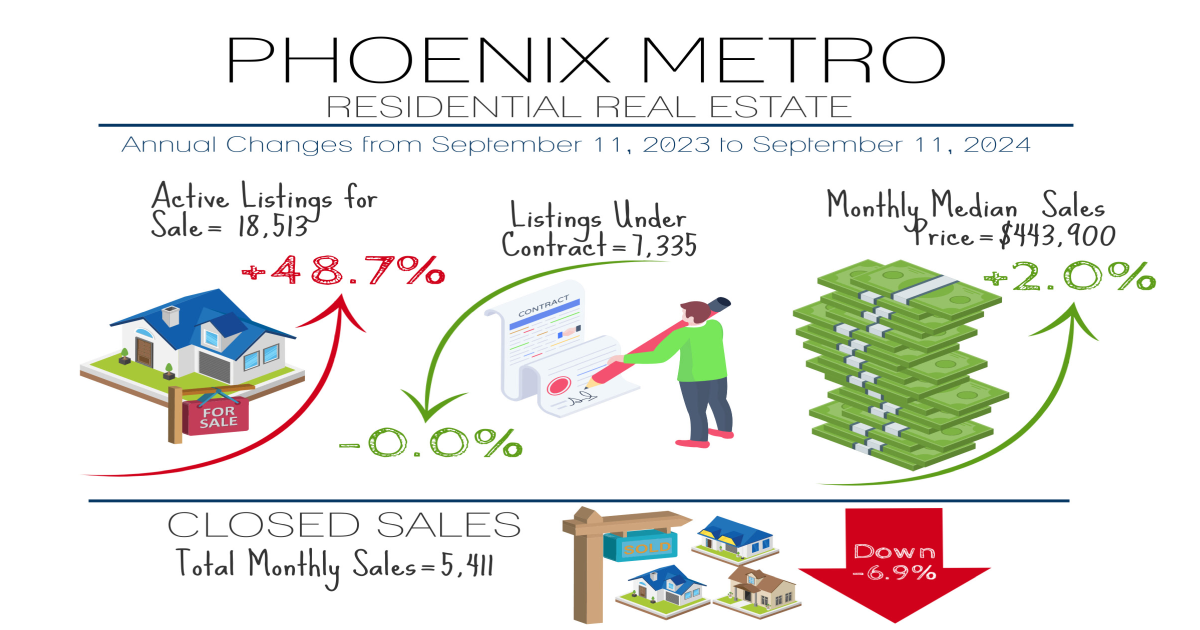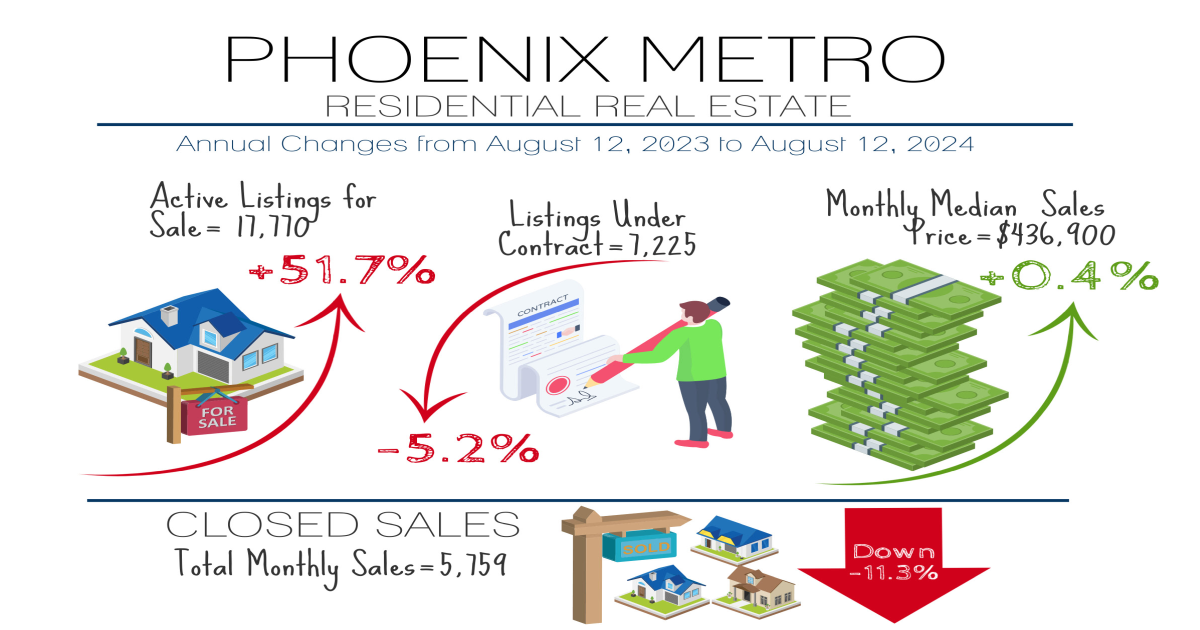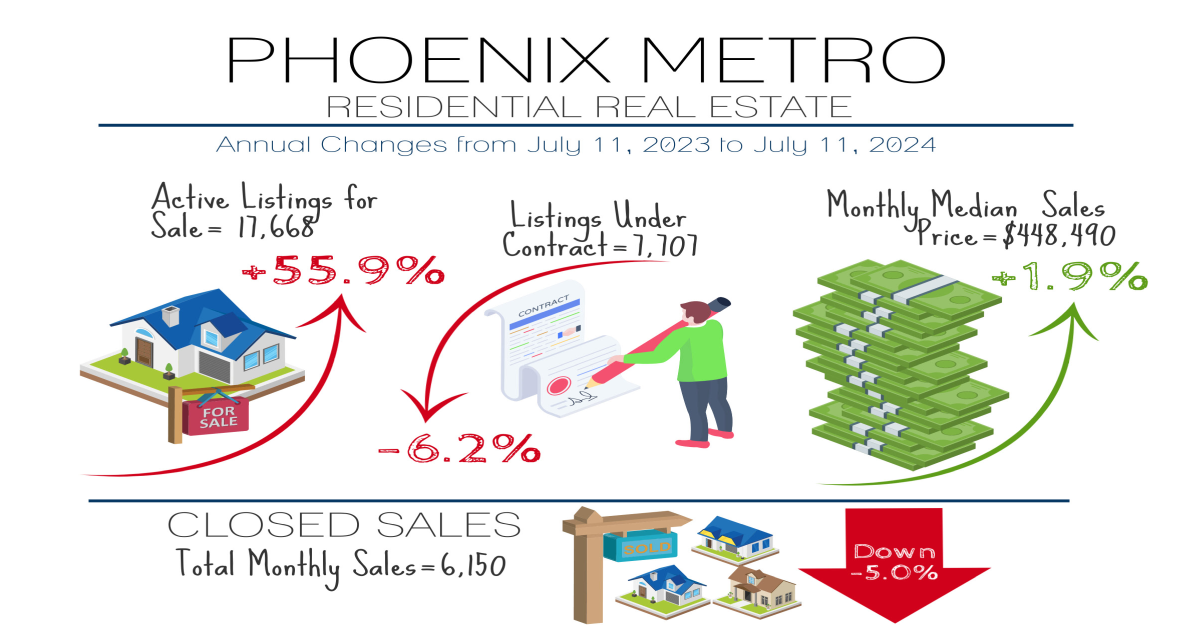What Does A Property Manager Do?
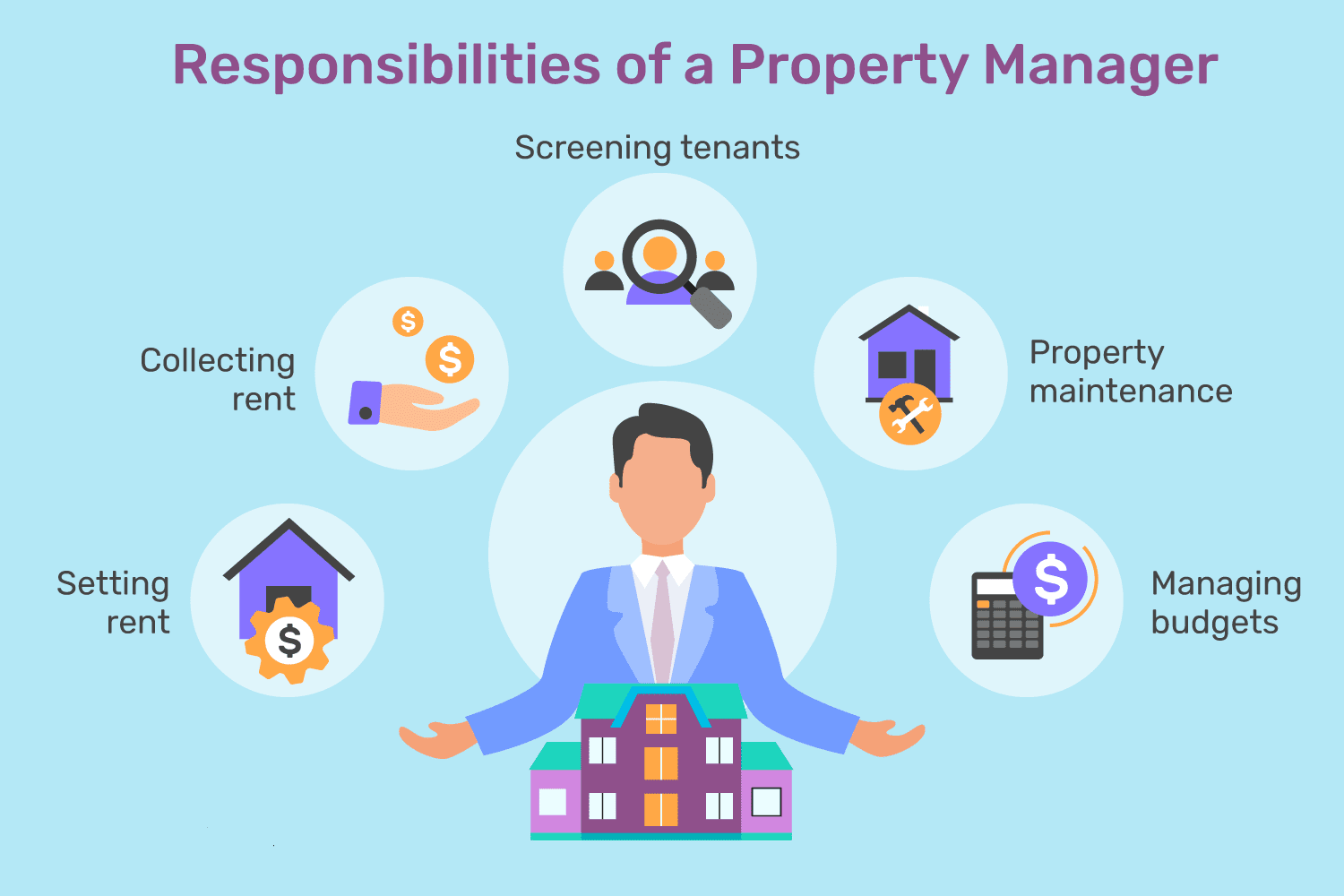
A property manager is an individual or entity hired by the property owner to oversee and manage the daily workings of their real estate investment. Property manager responsibilities include setting and collecting rent, screening potential tenants, filling vacant units, handling maintenance requests, paying certain bills and filing rental taxes, and potentially setting the budget for the property. They must also be aware of and comply with the laws of the Arizona Residential Landlord and Tenant Act.
Property managers often take care of a property that real estate investors either do not live near or do not wish to personally manage. A property manager can be one person or an entire management company, depending on the needs of the owner.
Here are some of the tasks a property manager does on behalf of an owner. If an owner chooses to self-manage their property, these are tasks they will need to do themselves. Property managers typically charge a monthly fee as a percentage of gross rents, plus a one-time fee each time a new tenant must be found.
Setting Rents
- Analyze the local rental market and set rents that attract tenants, minimize vacancies, and maximize returns to the owner
- Address annual rent increases for existing tenants
- Decide on pet policy and additional pet fees
Screening Tenants
- Create a professional listing and advertise vacancies on search sites and social media
- Show the property
- Take rental applications
- Run background, credit, and criminal checks
- Write and execute lease agreements and renewals
- Handle move-in and move-out of tenants, complete checklists, collect & return deposits
Collecting Rent
- Collect initial prepaid rents, security deposits, and other fees if applicable
- Collect monthly rent plus rental tax (TPT – transaction privilege tax)
- File and pay TPT with the state every month
- Address late or delinquent rent payments from tenants
- Handle evictions of tenants under the rules of the Arizona Residential Landlord and Tenant Act
- Send net monthly rental income to owner after deducting expenses
Property Maintenance
- Schedule cleaners, painters, and any necessary repairs for each new tenant
- Take repair calls from tenants and schedule service
- Oversee regular service providers such as landscapers and pool service
- Note that owner is responsible for the cost of service and maintenance, so a home warranty is often a good idea
Managing Budgets
- Handles collection and distribution of rents
- Maintains a budget for repairs and maintenance
- Maintains a budget for vacancies
- Recommends adjustments to rents based on market conditions

